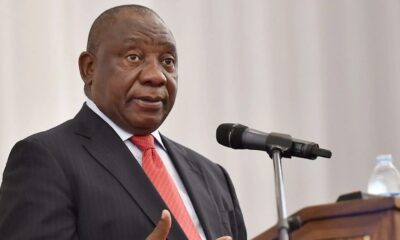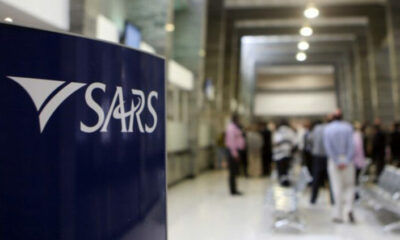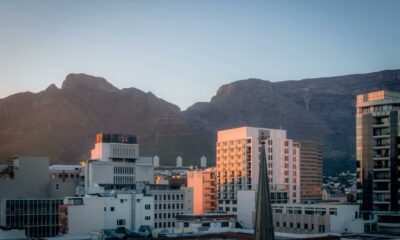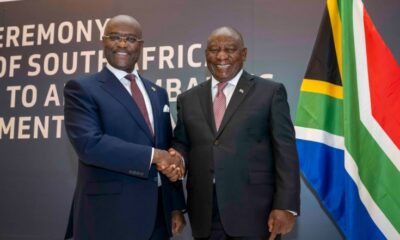News
How R50 Billion Slips Away: Inside South Africa’s Growing Illegal Gambling Crisis

South Africa is quietly bleeding billions to a new kind of underworld one that doesn’t rely on guns or getaways, but on Wi-Fi connections and digital wallets.
According to the South African Bookmakers’ Association (SABA), illegal online gambling is now costing the economy more than R50 billion a year, with offshore platforms siphoning money that could have funded jobs, taxes, and social investment back home.
The Hidden Cost Of “Easy Money”
What began as casual online betting during lockdowns has morphed into a full-blown economic crisis. The Yield Sec South Africa 2023/24 Report, commissioned by SABA, found that nearly two-thirds (62%) of all online gambling activity now happens on unlicensed sites.
That means most of the digital dice being rolled from sports bets to slot spins are happening on platforms with no tax obligations, no safety mechanisms, and no accountability.
“These offshore operators are exploiting South Africans while contributing nothing to our economy,” said SABA CEO Sean Coleman. “They don’t pay local taxes, don’t support responsible gambling, and pose serious risks to vulnerable players.”
Offshore Havens And Loopholes
The report revealed that over 2 000 illegal websites are actively targeting South African users, many hosted in so-called “licensing havens” like Curacao, Malta, Gibraltar, and the Philippines. These sites use slick marketing, social media ads, and even influencer collaborations to lure local bettors.
Behind the scenes, illegal operators use local payment systems from EFTs and card processors to third-party gateways to mask transactions. This, despite South Africa’s National Gambling Act of 2004, which explicitly prohibits unlicensed gambling and participation in such activities.
SABA says it’s now working with the South African Banking Risk Information Centre (SABRIC) to clamp down on these networks through a new memorandum of understanding (MOU) aimed at blocking illegal payments and tracking suspicious transactions.
Fighting Back: What Needs To Happen
To curb this growing digital black market, SABA has outlined several urgent steps, including:
-
DNS and IP blocking to prevent South Africans from accessing offshore gambling domains.
-
Payment filtering to disrupt illegal transactions before they clear.
-
Prosecution of operators through coordinated action with provincial gambling boards.
-
Public education campaigns to help consumers spot legal, licensed sites.
-
Tighter regulation of influencers and affiliates who promote illegal platforms online.
Several countries, including Australia, the UK, and Finland, have already introduced similar measures and seen a decline in illegal gambling traffic as a result.
The Human Toll
Beyond the financial losses, experts warn of the human cost of unchecked gambling addiction, especially in communities already struggling with high unemployment. Social media is filled with stories of users who’ve lost savings chasing “easy wins” on offshore sites that offer no support when things spiral.
“People think it’s harmless fun until they’re deep in debt,” one Johannesburg bettor commented on X (formerly Twitter). “At least legal sites offer some kind of protection these offshore ones don’t care if you lose everything.”
A Wake-Up Call For The Industry
The rise of illegal online gambling exposes a broader issue the slow pace of digital reform in South Africa’s gambling laws. While legal operators are expanding responsibly, the unregulated online space remains a loophole ripe for exploitation.
If the R50 billion bleeding offshore every year continues unchecked, it’s not just casinos that lose it’s schools, clinics, and communities that rely on tax revenue to keep the lights on.
South Africa’s gambling story, it seems, isn’t just about risk and reward anymore it’s about who wins when the house isn’t even in the country.
{Source:IOL}
Follow Joburg ETC on Facebook, Twitter , TikTok and Instagram
For more News in Johannesburg, visit joburgetc.com


























